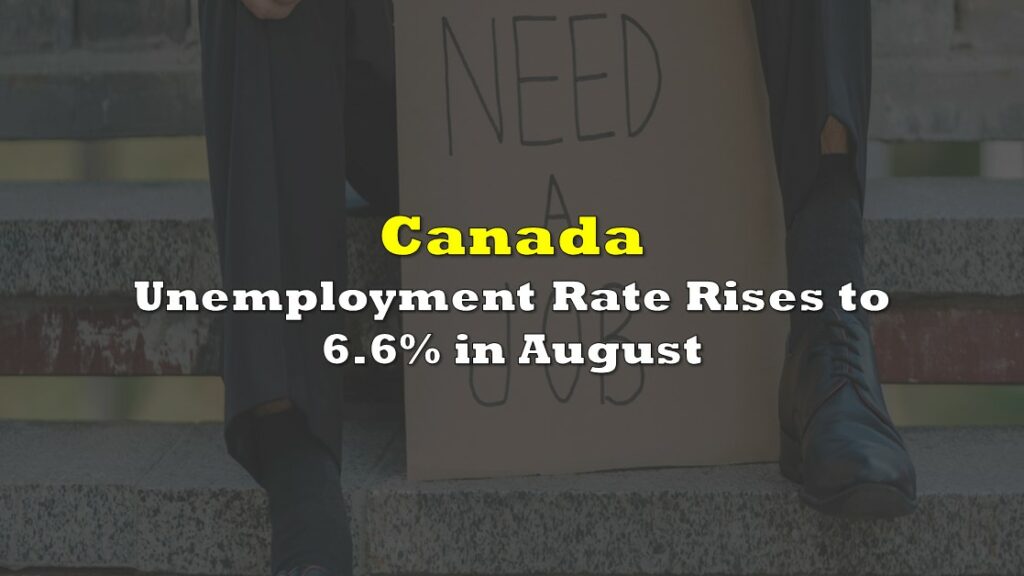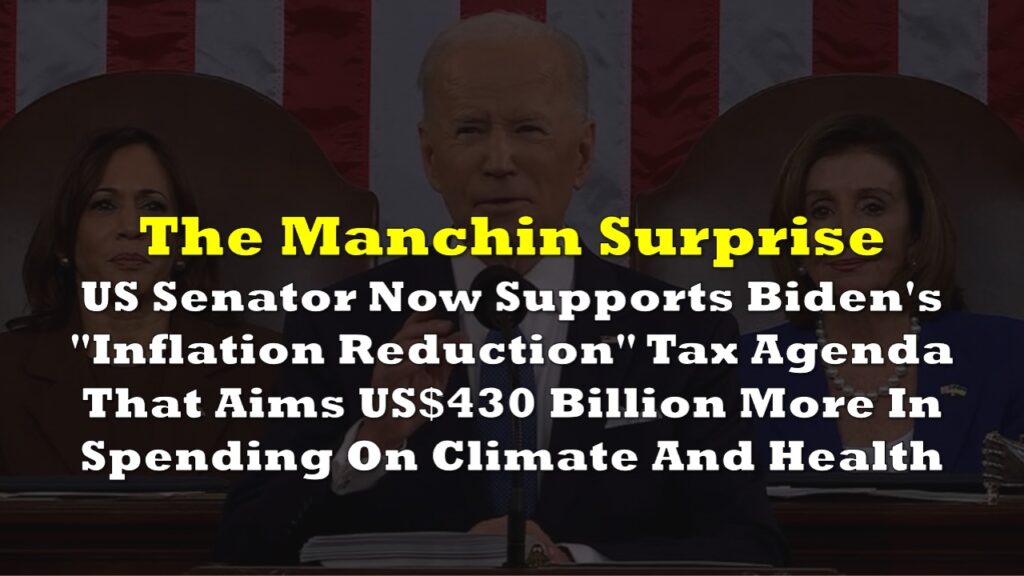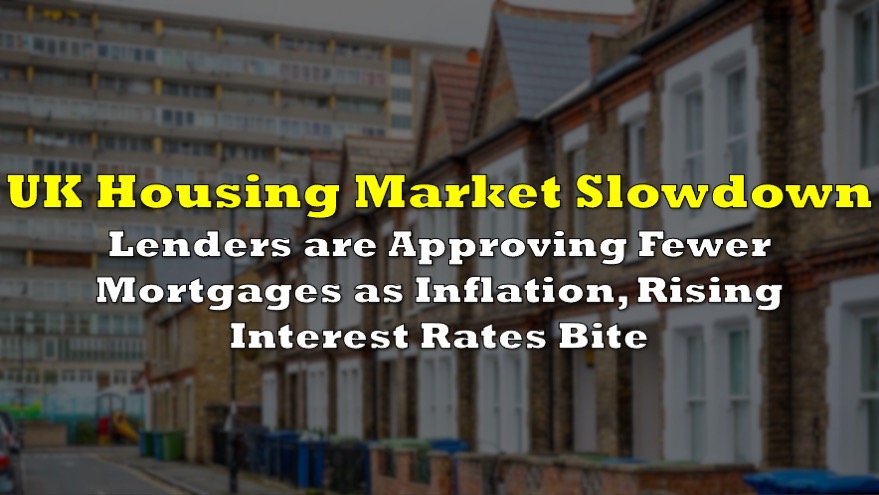Inflation levels in Canada rose slightly in January amid an increase in gasoline prices, but not enough to raise alarm over price pressures.
According to Statistics Canada, annual inflation increased to 1% in January, up by 0.3% from December levels, which is slightly higher than the 0.9% forecast by economists surveyed by Bloomberg. The increase in consumer prices was largely due to price growth in durable goods, as well as rising gasoline prices. Excluding gasoline, the CPI rose by 1.3% in January— up from a 1% increase in December.

Gasoline prices across Canada were up 6.1% in January compared to December, marking the second consecutive month of increases. The increase was largely the result of ongoing production cuts by major oil-producing regions due to subdued global demand for oil. Despite the sudden price hike, gasoline prices remained 3.3% below January 2020 levels.

Food prices also increased slightly in January, as the price of fresh vegetables rose by 0.2% on a year-over-year basis, following a 1.1% increase in December. The slower pace of vegetable price growth was due to an increased supply following a successful harvest in the US and Mexico. Conversely, meat prices increased by 1.2% in January— nearly half the pace of 2.5% recorded in December.
In addition, the price of multipurpose digital devices such as smartphones, rose by 3.4% month-over-month in January, amounting to the largest monthly increase since September 2020. Likewise, prices for telephone services, including cellular and landline services, were 4.3% higher compared to December.
Although Canadian consumers’ spending expectations are higher amid the ongoing vaccine rollout, the extension of a number of public health restrictions in some regions lead to a further increase in unemployment levels in close-contact sectors. In addition, the modest increase in commodity prices since April 2020 also contributed to the growth in January consumer prices.
Despite the anticipated inflation acceleration in coming months— mostly as a result of increasing energy costs— policy makers are not sounding the alarm over rising price pressures. The Bank of Canada does not expect that inflation will return to its 2% target until at least 2023, even amid the extraordinary level of monetary stimulus being injected into the economy.
Information for this briefing was found via Statistics Canada and Bloomberg. The author has no securities or affiliations related to this organization. Not a recommendation to buy or sell. Always do additional research and consult a professional before purchasing a security. The author holds no licenses.









